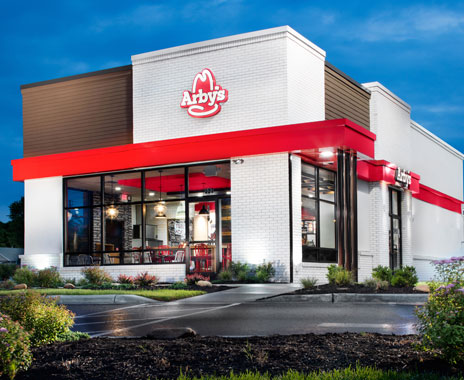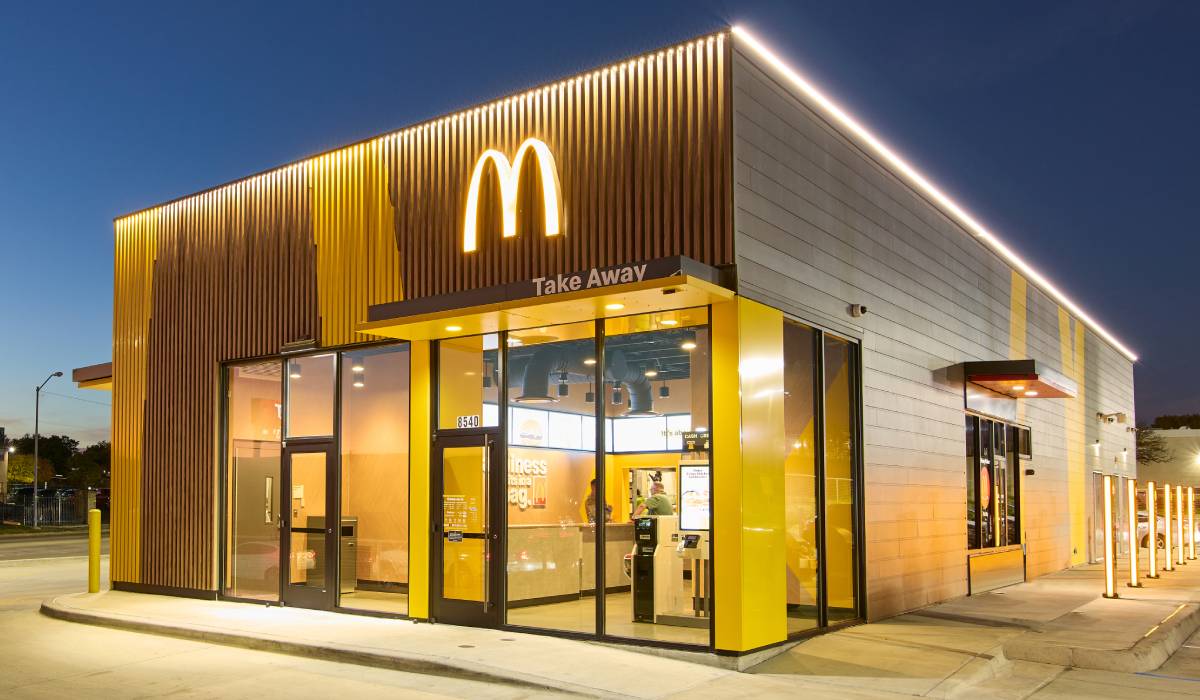Arby’s Restaurant Group, Inc. announced it signed development agreements to build 25 new restaurants in the Chicago metropolitan area over the next five years. The restaurants are expected to create nearly 700 new jobs.
Chicago is a priority growth market for Arby’s where the brand has 64 restaurants and the potential to triple its current footprint.
Development agreements were signed with Pete Lyders-Petersen to open an initial 20 restaurants in the North and Northwest Chicago suburbs as well as Faisal Merchant to open an initial five restaurants in downtown Chicago and the Southwest Chicago suburbs. Lyders-Petersen and Merchant are new franchisees to the Arby’s system.
“We know how to develop strong-performing restaurants in large urban markets,” says Greg Vojnovic, Chief Development Officer of ARG. “In Chicago, we’re proud to welcome Pete and Faisal—two proven multi-unit operators and developers who are adding Arby’s to their restaurant portfolios for the first time.”
“Arby’s has experienced strong growth in recent years,” says Merchant, who currently operates 19 Dunkin’ Donuts restaurants and three Wingstop restaurants in Chicago. “Every Arby’s franchisee I’ve spoken with loves the brand’s culture, and I’m excited to be a part of it.”
“I’ve been very impressed with the culture at Arby’s and their leadership team,” says Petersen, who currently operates nearly 200 Taco Bell restaurants and 12 KFC restaurants throughout the Midwest. “The more I got to know the brand, the more it became clear that adding Arby’s to my restaurant portfolio was the right move to make.”
Restaurant development is a top priority for Arby’s. The brand has been working with franchisees to aggressively expand in Atlanta, Boston, Chicago, Dallas, Houston, Los Angeles, Miami, Philadelphia, and Seattle. “There’s been a tremendous level of excitement and interest from franchisees regarding access to these large urban markets,” added Vojnovic.
Through the end of 2016, Arby’s global system achieved six consecutive years of same-store sales growth. Today, the brand’s average unit volume is $1.12 million, up 27 percent from 2013.






